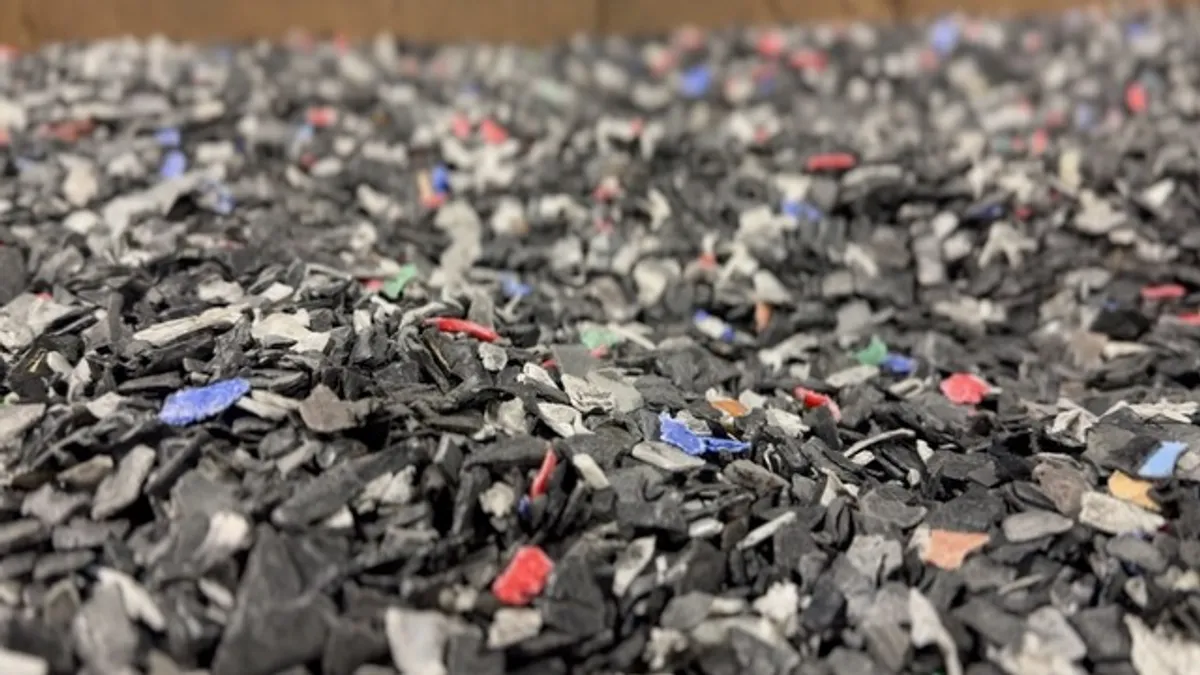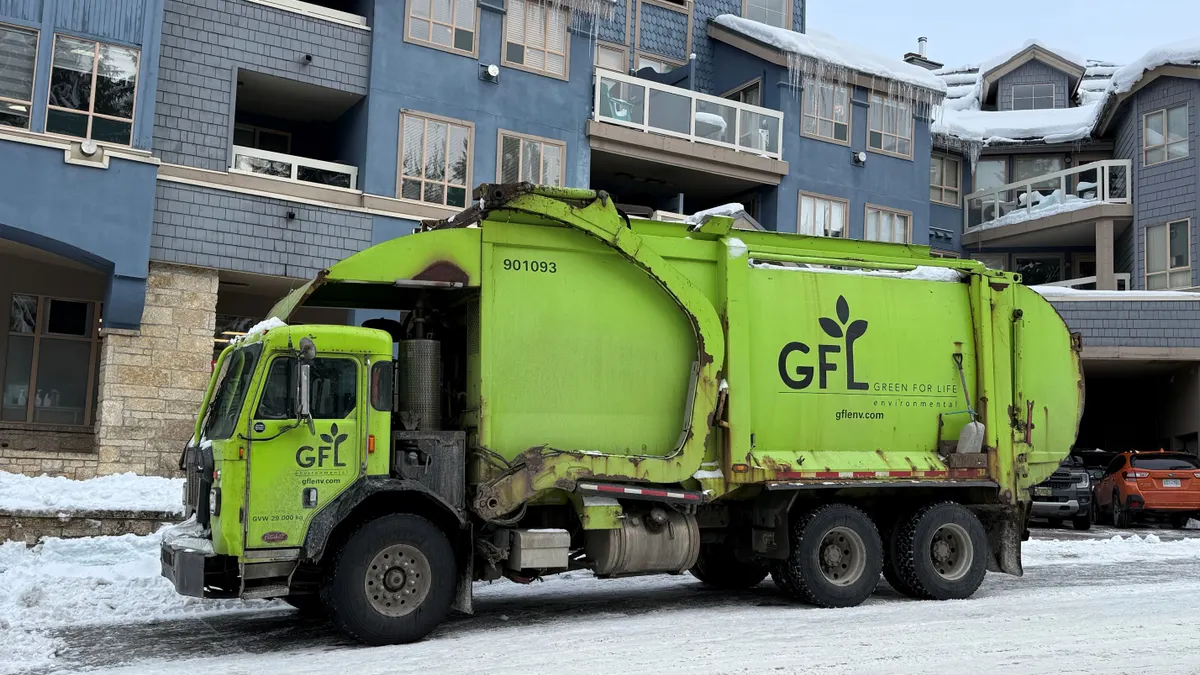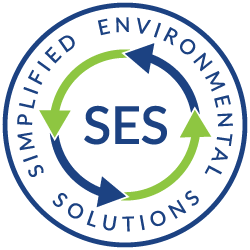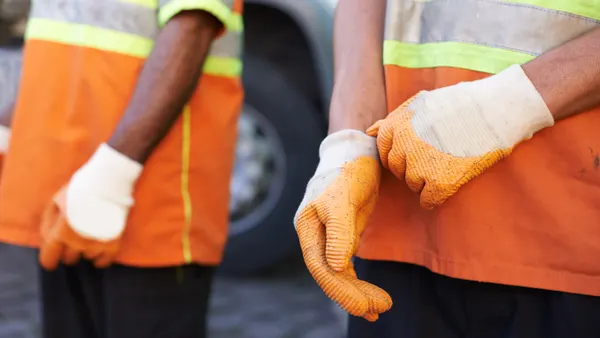Dive Brief:
- CompuCycle, a Houston-based IT asset management and company, has expanded its plastics recycling capabilities to further process e-scrap plastics. It’s a move meant to attract customers from a wider array of end markets for the plastic, particularly original equipment manufacturers.
- The company recently added a 10,000-square-foot expansion to its recycling facility in Houston in order to further separate plastic scrap from end-of-life electronics. It now can separate its mixed plastic stream into PP, PE and PS streams, as well as acrylonitrile butadiene styrene, or ABS.
- Previously, CompuCycle sold most of its mixed plastics overseas, but the certification standards the company uses now requires compliance with aspects of the Basel Convention. The regulations restrict shipments of mixed plastics to certain countries, including Malaysia, formerly CompuCycle’s main international market for the plastic.
Dive Insight:
CompuCycle sees its latest expansion as a way to better respond to its customers’ demand for circular economy services and align itself with global plastic pollution efforts. It offers IT asset disposal services for Fortune 1000 companies, including onsite packing and logistics, inventory, data destruction and refurbishing services. It says it is the “first and only certified, single solution e-waste recycling company” in the United States.
CompuCycle also shreds and processes end-of-life electronics. That work is done in-house, which the company says is uncommon for most ITAD companies. “If we cannot properly refurbish the device, we will properly recycle its components. We don't want to rely on third-party companies to manage what we generate,” said Executive Vice President Clive Hess.
After shredding the electronics, the components are further separated into steel, copper, aluminum, circuit boards and mixed plastic. The shredded metals are shipped directly to smelters, mills and refineries. Mixed plastics were once mainly shipped overseas.
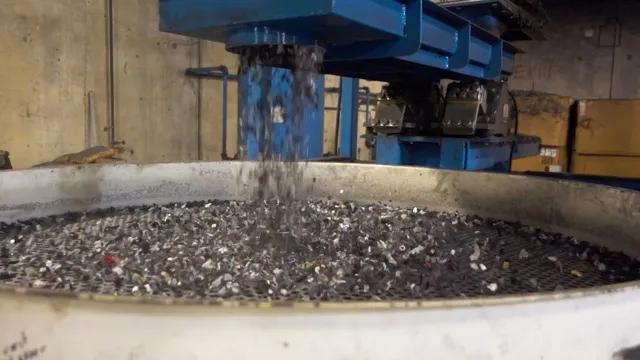
Now that its plastic processing improvements are up and running, CompuCycle can sell to more kinds of markets, both overseas and domestically, said Jim Cornwell, a retired e-scrap recycling industry expert who consulted on the project.
A major reason CompuCycle invested in the sorting equipment is because the company is a certified electronics recycler under the e-Stewards and R2 certification standards. Both certification systems have stated they now require companies to follow specific aspects of the Basel Convention, including additional e-scrap regulations set to go into effect in 2025.
The Basel Convention’s plastic waste amendments, meant to prevent plastic pollution, restricts the shipment of certain mixed plastics to other countries. The U.S. has not ratified the Basel Convention and is not bound by its rules, but under the treaty, Malaysia can no longer accept shipments of what the convention considers waste.
The Basel Action Network, which created the e-Stewards certification program, says Southeast Asia, particularly Malaysia, has become a bigger target for dumping from the United States and Canada, especially as places like China and Hong Kong crack down on illegal imports.
CompuCycle’s facility updates aim to give the company more market flexibility while complying with regulations, Cornwell said. “There can be a dozen polymers or more that end up in electronic scrap, so most of the ... markets have ignored it because it's so difficult to receive it mixed and try to turn it into a product,” he said. “Now that CompuCycle can do the separation and take it down to a single polymer, virtually any market that uses plastics has the ability to take a single polymer and put it back into the manufacturing process.”
CompuCycle hopes its upgraded plastics recycling system also helps it sell recycled plastic back to OEMs, many of which have announced goals to use more recycled materials in products by 2030 and beyond.
“We're focusing moving forward on the ability for our Fortune 500 customers to be able to achieve their renewable goals. We have a system and process in place that will allow them to meet those goals,” he said.
Kelly Adels Hess, CompuCycle’s CEO and president, said circularity is “the new buzzword” for those customers that are looking for ways to take more specific sustainability actions.
“How can we be that circularity answer for them and continue to create more sustainable models that reduce the waste and reuse the resources?” she said. “It’s about really having that closed loop system that keeps the materials in circulation.”



